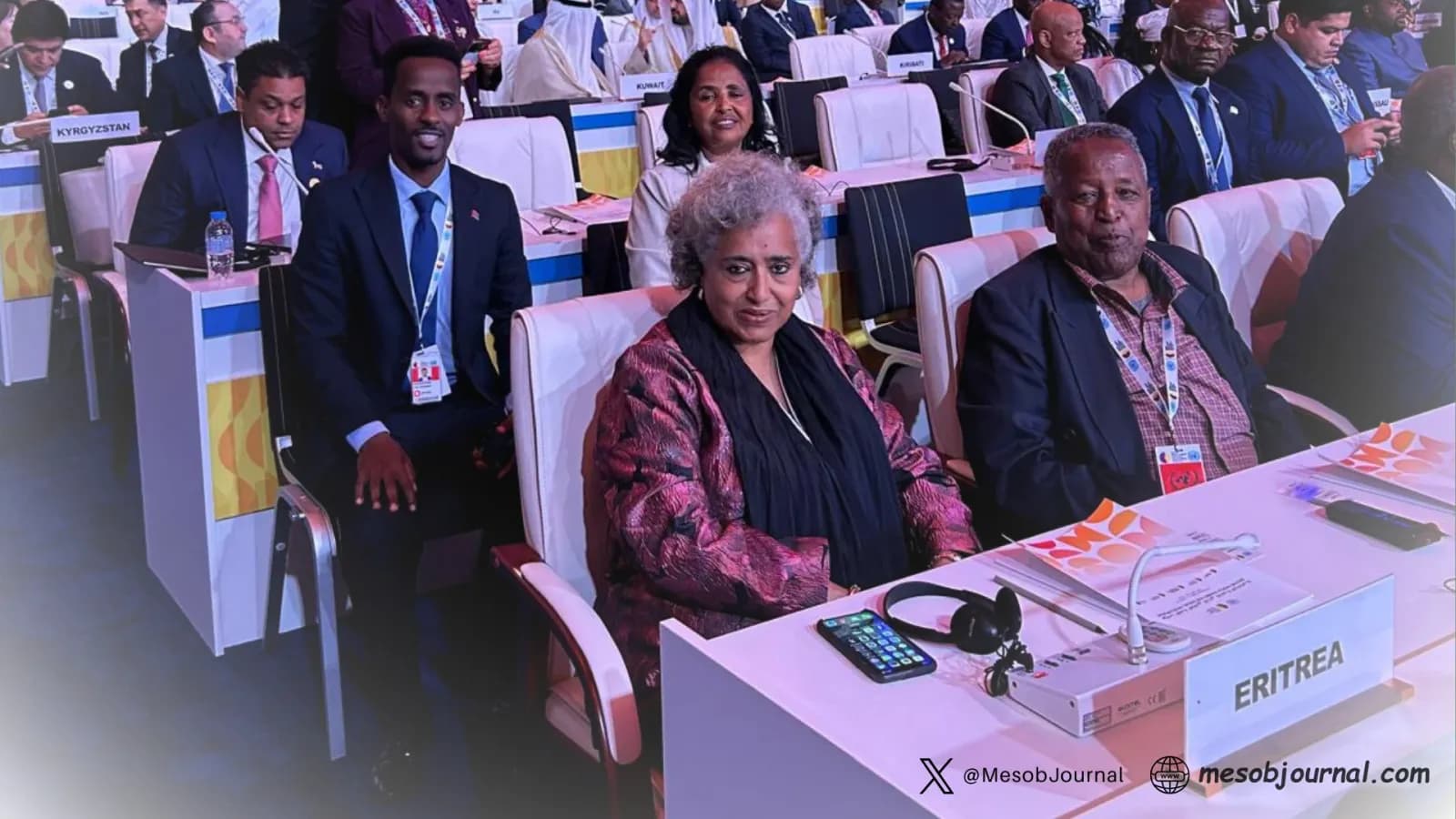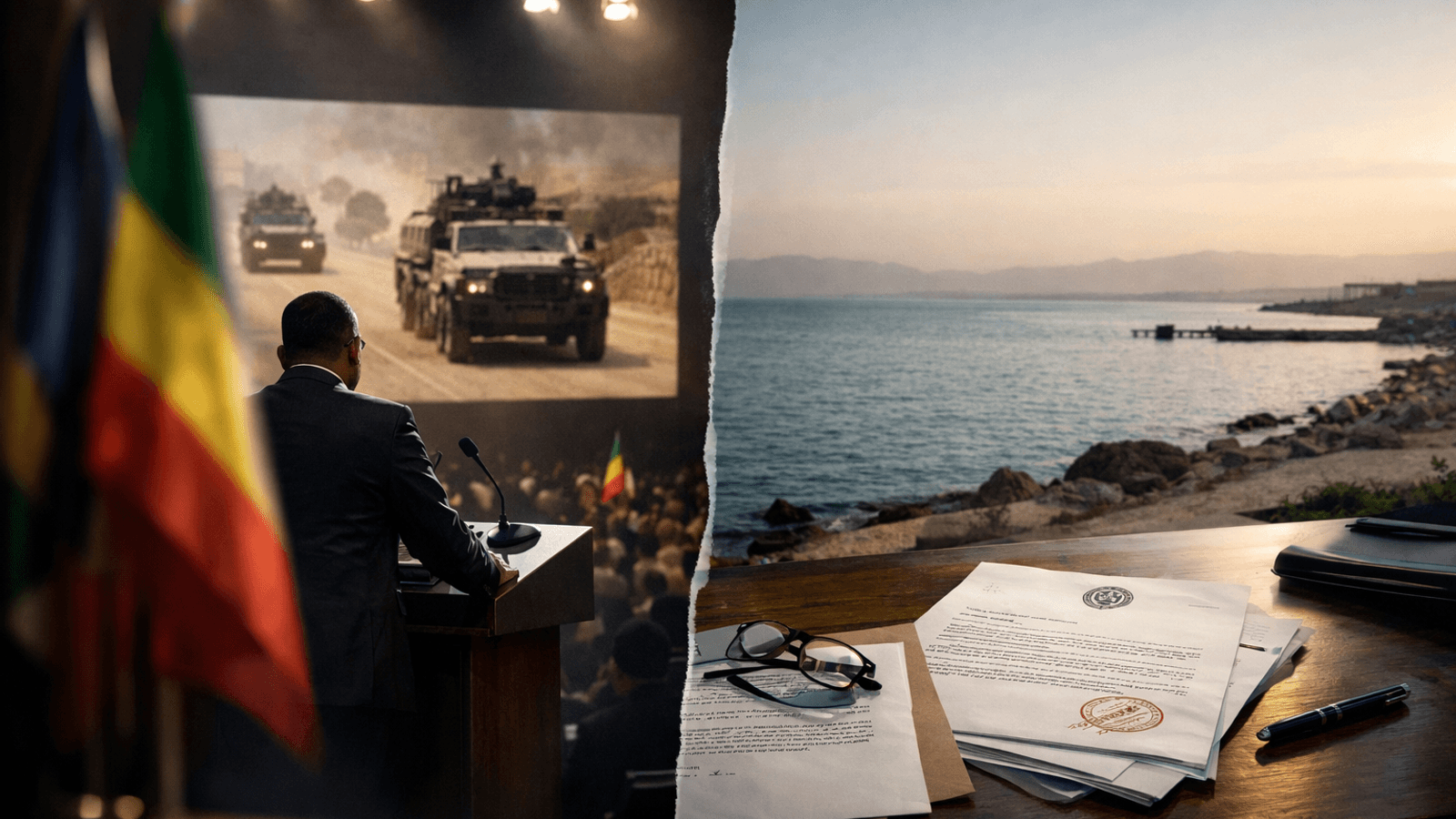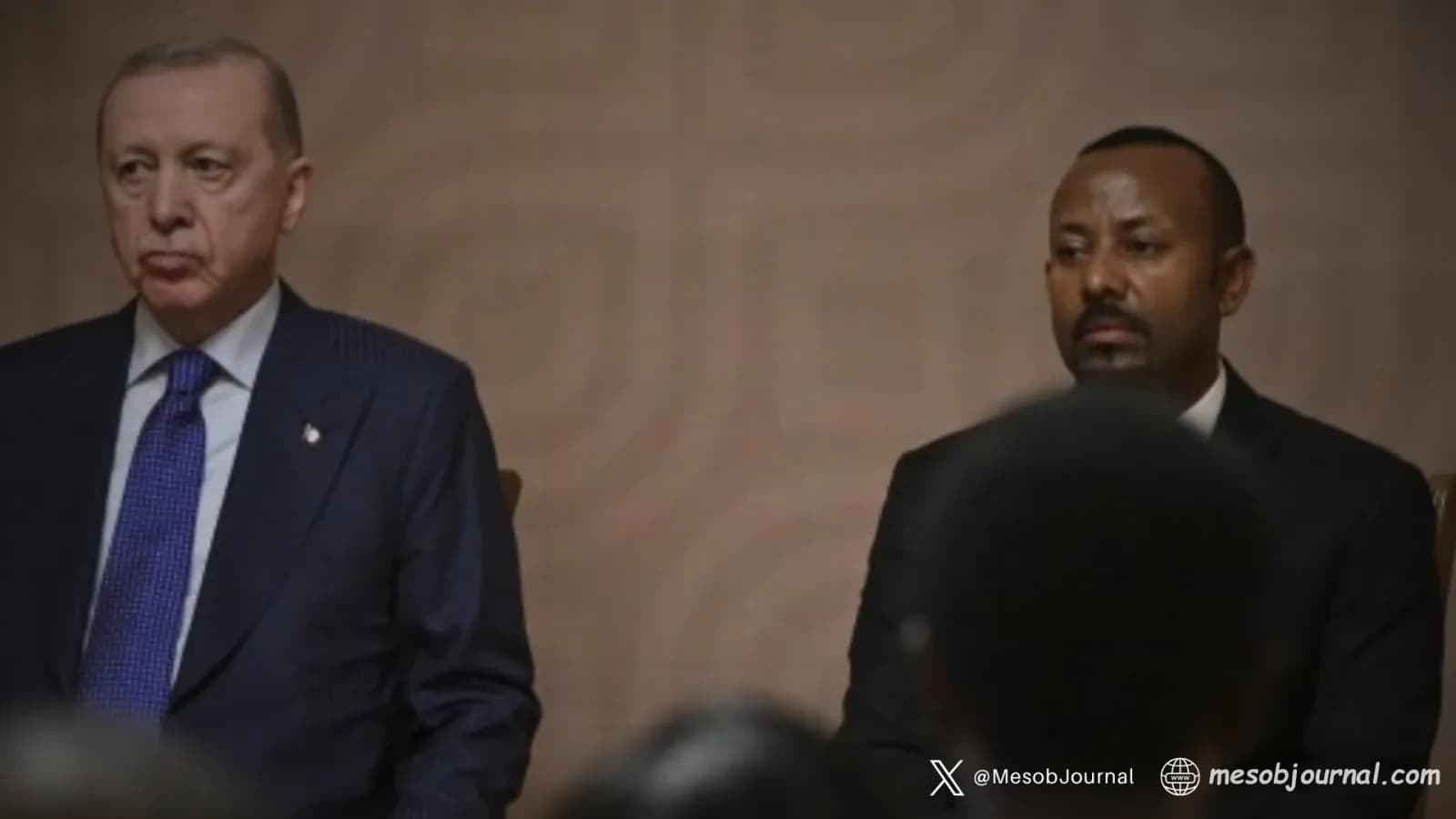Eritrea urges reform of an unequal global order at Doha Social Summit

Eritrea has urged the international community to confront what it described as “structural injustices” in the global development system, warning that social progress cannot flourish under conditions of dependency or inequality.
Addressing the Second World Summit for Social Development in Doha, Ambassador Sophia Tesfamariam said Eritrea’s experience shows that national advancement is possible “even under the most challenging circumstances” when guided by clear principles and sovereignty.
“Our developmental philosophy is firmly anchored in the twin, indissoluble pillars of Self-Reliance and Social Justice,” she said. “Self-reliance signifies the emancipation of the mind from any culture of subservience or dependency.”
The envoy detailed how Eritrea’s health and education systems have expanded despite limited resources and decades of external pressure. Primary health care and preventive medicine, she noted, helped the country surpass several Millennium Development Goals ahead of schedule. Literacy drives and the expansion of vocational training have also improved gender parity and employment prospects.
Eritrea’s nationwide water-security campaign—building thousands of micro-dams and reservoirs—was cited as a model of community-driven development linking agriculture, public health and climate resilience.
Tesfamariam cautioned, however, that national efforts remain constrained by an unequal global order and the lingering effects of sanctions, occupation and geopolitical manipulation.
“Sustainable social development cannot possibly flourish within a global system that extracts more from the developing world than it contributes,” she said.
She emphasized that Eritrea has deliberately avoided unsustainable debt and conditional aid, choosing instead to invest in renewable energy and locally led growth.
At the close of her remarks, Tesfamariam called for reforms to global governance institutions “to reflect the realities and voices of all nations, not merely the powerful few,” underscoring that coercive measures and externally imposed models have no place in equitable development.
The Doha summit, held from 4 to 6 November 2025, revisits the 1995 Copenhagen Declaration amid widening global inequality and climate stress. Eritrea’s intervention stood out for linking social progress directly to sovereignty—arguing that true development begins when nations control their own paths.
Related stories

Ethiopia: Abiy's War Script and the Media’s False Balance on Eritrea
The lazy framing is already being warmed up: “tensions are rising,” “neighbours trade claims,” “both sides must de-escalate.” It sounds responsible. It reads balanced. And it quietly deletes the one fact that matters: one side has spent years normalising war talk as policy. If y

Erdogan in Addis: sovereignty first as Abiy beats sea-access drum
Abiy Ahmed tried to stage the usual Addis photo-op when Turkey’s President Recep Tayyip Erdoğan arrived. But the camera caught something different: a stiff, guarded prime minister sitting beside a visitor who didn’t look like he came for flattery. What played out at the joint app

AU PSC: Israel’s Somaliland move “null and void”
The African Union Peace and Security Council (PSC) has issued one of its clearest sovereignty statements on Somalia in years—explicitly condemning Israel’s unilateral recognition of the “so-called Republic of Somaliland,” demanding it be revoked, and warning that no actor has the

Eritrea Dismisses Ethiopia’s Letter, Cites Two-Year Hostile Campaign
Eritrea’s Ministry of Information has dismissed Ethiopia’s latest diplomatic message as “patently false and fabricated,” rejecting what it described as a familiar two-year pattern of hostile campaigns — and pointedly refusing to be pulled into public escalation. In a short press

